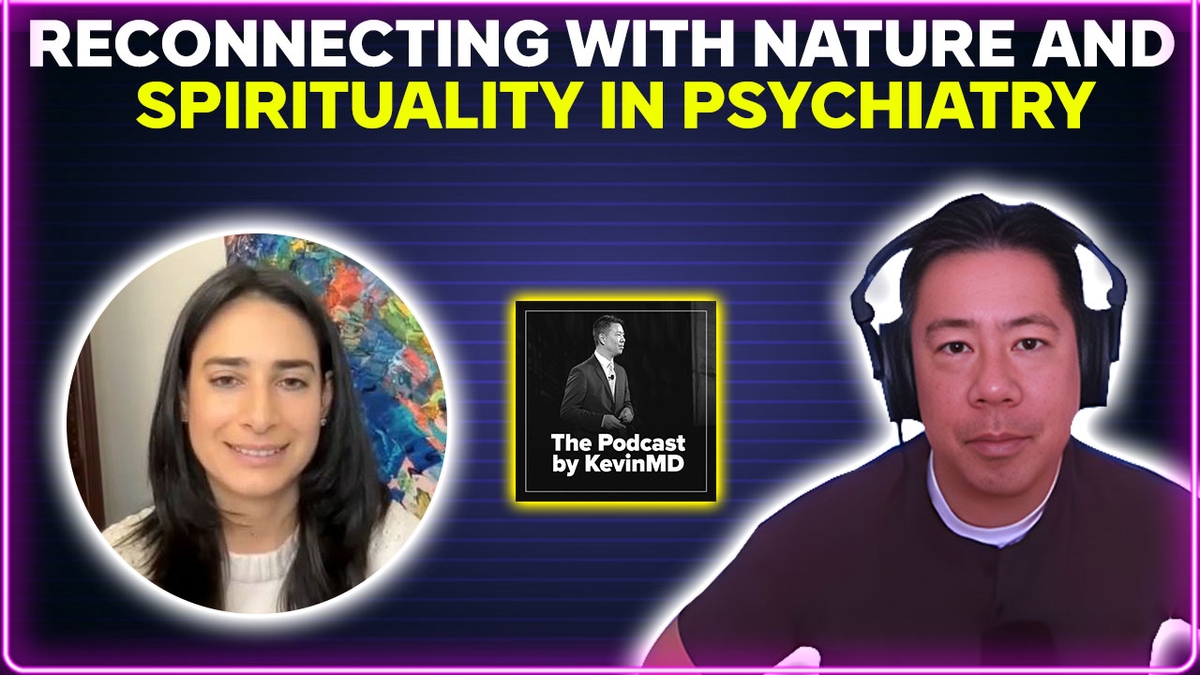
The field of psychiatry has seen a remarkable shift in recent years, with increasing emphasis on holistic well-being and alternative treatment methodologies. Among these, reconnecting with nature and spirituality has emerged as a potent therapy in the psychiatric domain, offering a myriad of benefits. This article delves into the significance of these aspects, exploring their impact on mental health and how they can be integrated into psychiatric treatment.
The Connection Between Inner Self, Nature, and Psychiatry
Modern life, with its chaos and demands, often disconnects us from our true nature. Psychiatrist Vanessa Velez explores this connection and discusses the critical need to bring the concept of ‘psyche’ or soul back into psychiatry. She emphasizes practical techniques to stay connected to the cosmos and our true nature amidst the daily routines. This connection, she believes, is instrumental in enhancing mental health and overall well-being.
Nature-Based Therapies and Their Impact on Mental Health
Reconnecting with nature has a profound effect on mental health. It’s not just a theory but backed by scientific research. Nature-based therapies, often termed as ecotherapy, involve activities that connect individuals with nature, such as gardening, forest bathing, or simply spending time outdoors. These therapies have been shown to reduce feelings of stress, anxiety, and depression, improving overall mental well-being.
Spirituality and Its Importance in Psychiatry
Spirituality plays a pivotal role in mental health care. It provides a sense of purpose and meaning, fosters feelings of connectedness, and promotes inner peace. Incorporating spiritual practices into psychiatric treatment can lead to improved patient outcomes, enhancing their ability to cope with mental health issues, and promoting resilience.
Integrating Nature and Spirituality into Psychiatric Treatment
The integration of nature and spiritual practices into psychiatric treatment offers a more holistic approach to mental health care. This integration is not about replacing traditional psychiatric treatments but complementing them. It’s about acknowledging the interplay of mind, body, and spirit in mental health and creating a therapeutic environment that caters to all these aspects.
Conclusion
Reconnecting with nature and spirituality in psychiatry offers a path towards holistic well-being. It is an invitation to explore alternative approaches in mental health care that recognize the importance of the ‘psyche’ or soul and the healing power of nature. As we continue to understand more about the human psyche, the importance of these holistic approaches will only become more apparent, paving the way for a new era in psychiatry.
